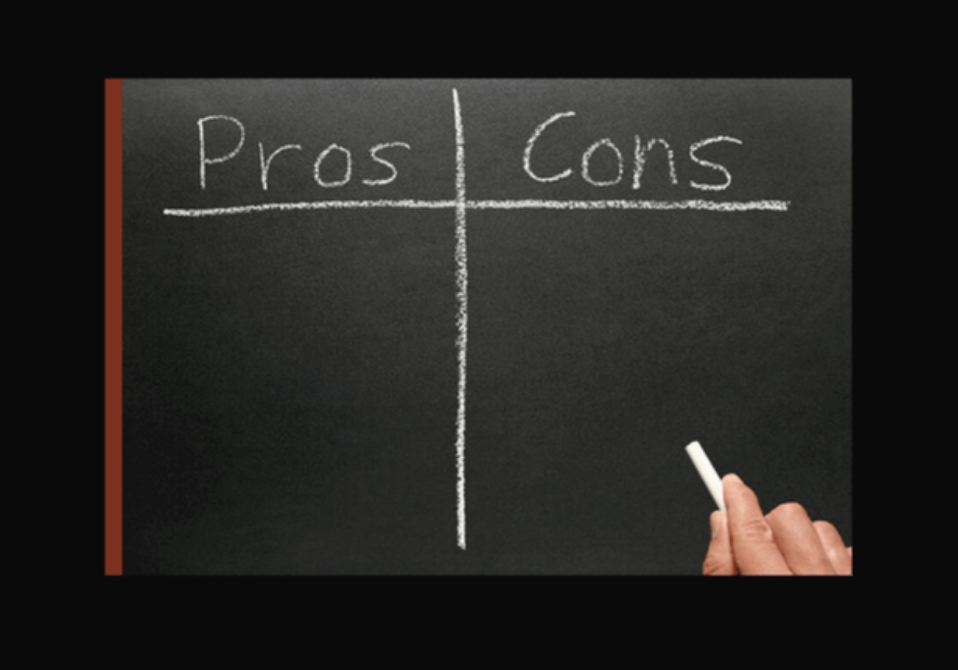

Sleep apnea is a sleep disorder that causes pauses in sleep when a person is asleep. Continuous Positive Airway Pressure (CPAP) therapy is the most effective treatment. CPAP machines deliver a steady stream of air pressure through a mask to keep the airways open, allowing patients to breathe freely throughout the night.
There are various types of CPAP masks available with slightly different mask styles. Among all the masks, the full-face CPAP mask is one of the most versatile options, offering both advantages and disadvantages.
This blog will explore the pros and cons of full-face CPAP masks. So, if you are someone suffering from sleep apnea, this information will help you decide on the right CPAP mask.
Before exploring the advantages and disadvantages of full-face CPAP masks, you need to know about the different types of masks available for sleep apnea patients:
Nasal CPAP masks cover the entire nose of the patient, making it easier for the patient to breathe through their nose. It is an ideal choice for patients who habitually breathe through their nose.
Nasal pillow masks are even more minimalistic, using soft inserts (nasal pillows) that seal against the nostrils. The design of the nasal pillow mask is compact and ideal for those who want an open face while sleeping.
Mouth breathers find the face CPAP mask style suitable as it covers both the nose and mouth. These masks are also ideal for people with nasal congestion or who simply prefer a full face seal. They facilitate comprehensive coverage and can be a good fit for higher-pressure settings.
One of the most significant advantages of full-face CPAP masks is their ability to cover the entire face, including the nose and mouth. The design of a full-face CPAP mask is ideal for people who are mouth breathers or have any sort of nasal congestion. By ensuring that all air passages are sealed, full face masks can effectively treat sleep apnea regardless of how you breathe during your sleep.
Full-face masks are known for their superior ability to minimise air leaks, which can be a common issue with other CPAP mask types. These kinds of masks provide a secure fit over the nose and mouth, which means that air is less likely to escape, providing a more effective and consistent airflow throughout the night. All these factors that contribute to reduced air leaks improve the effectiveness of the therapy as well as enhance the comfort of the patient using these masks.
Some individuals require higher air pressure levels to effectively manage their sleep apnea. Full-face CPAP masks are well-suited for this purpose, as they are less likely to cause discomfort or air pressure-induced side effects. Some of the common side effects caused by air pressure include eye dryness or nasal congestion, compared to nasal or nasal pillow masks. Their secure seal helps maintain the desired pressure without discomfort.
Full-face masks are often a better choice than nasal masks if you have facial hair or a beard. This is because facial hair has a high chance of breaking the seal off nasal masks, leading to air leaks and reduced therapy effectiveness. Thus, full-face masks work well even with facial hair, ensuring consistent therapy for users who prefer to keep their beard or moustache.
Full-face CPAP masks have numerous benefits, ranging from enhancing comfort levels to facilitating higher air pressure levels. All these factors contribute towards providing an improved sleep quality. Also, the right fit, full-face CPAP masks ensure you receive a consistent oxygen flow throughout the night. By preventing interruptions in your breathing patterns, you can enjoy deeper and more restful sleep, which further reduces daytime fatigue.
Full-face masks are often larger and bulkier than other CPAP mask types, leading to discomfort. It can especially be the case with those who are not accustomed to the feeling of wearing a mask on their face. Full-face masks are bulky, and their size and weight can make it difficult for the patients to get accustomed to them. Also, it may feel intrusive during sleep.
The full-face design can trigger claustrophobic feelings in some users. The full-face CPAP mask type is slightly bulkier than other CPAP masks as it covers half of the face. A mask covering the nose and mouth can make individuals feel confined or trapped, making it challenging to fall asleep.
Full-face CPAP masks partially obstruct the user's field of vision, which can be problematic if you want to read or watch TV before falling asleep. Also, if you wake up in the middle of the night, the mask's bulkiness can make it less convenient than smaller mask types.
Some users may find that full-face masks produce more noise due to the larger air channels and the design, which can disrupt the user and their sleeping partner. However, this noise issue can vary depending on the specific mask model and how well it fits.
Full-face CPAP masks offer a range of benefits, such as complete airway coverage, reduced air leaks, suitability for high-pressure settings, and accommodation of facial hair. However, they also come with certain drawbacks, including bulkiness, discomfort, the potential for claustrophobia, risk of skin irritation, and limited field of vision. Thus, choosing full-face masks and other CPAP mask types depends on your preferences and needs.
Work closely with your healthcare provider and sleep specialist to maximise the benefits of full-face CPAP masks and minimise their drawbacks. They can help you find the right mask size and style, offer tips for maintaining comfort, and ensure you receive the most effective sleep apnea therapy possible by being consistent in it.
Leave a comment